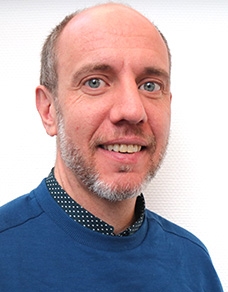
Luxembourg Centre for Systems Biomedicine – An interdisciplinary research center
Founded in 2003, the University of Luxembourg (UL) is a public institution and the first and only university of the Grand Duchy of Luxembourg. It was set up as a multilingual and international institution and is strongly focused on research. Research focuses on a choice of priority areas. Within these priorities, the Luxembourg Centre for Systems Biomedicine (LCSB) was created and is a centre stone in the ‘Luxembourg Health Science Plan' to transform the country into a research and technology hub within Europe and beyond. The LCSB aims at unravelling the biological mechanisms underlying health and disease with a special emphasis on neurodegenerative diseases using molecular analyses and bioinformatics tools and computational models.
Role of SE group in PROSPECTOMICS
The SE group is the Project lead on biomolecular extractions and next-generation sequencing. In the extraction sub-project, we will extract DNA, RNA, and proteins from marine sedimentary samples. Jointly with the GFZ, we will develop novel approaches for the extraction of biomolecules and optimized protocols to ensure high-quality extracts. The extracts will subsequently be subjected to high-throughput molecular measurements to generate multi-omics data (metagenomics, metatranscriptomics, and metaproteomics) for the other sub-projects. Extracting the biomolecules from single, unique samples is an important aspect in the downstream integration of the multi-omic data.
Staff

Prof. Paul Wilmes
Principal Investigator, lead of the biomolecular extraction tasks and sequencing tasks

Dr. Rashi Halder
Sequencing platform manager

Laura Lebrun
Extraction specialist technician

Dr. Cedric C. Laczny
Research Associate/Project Manager

